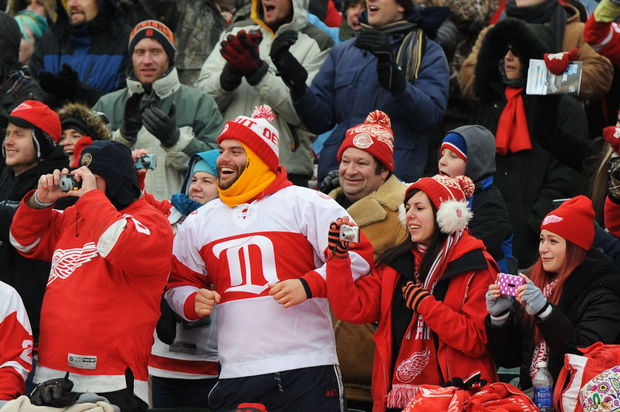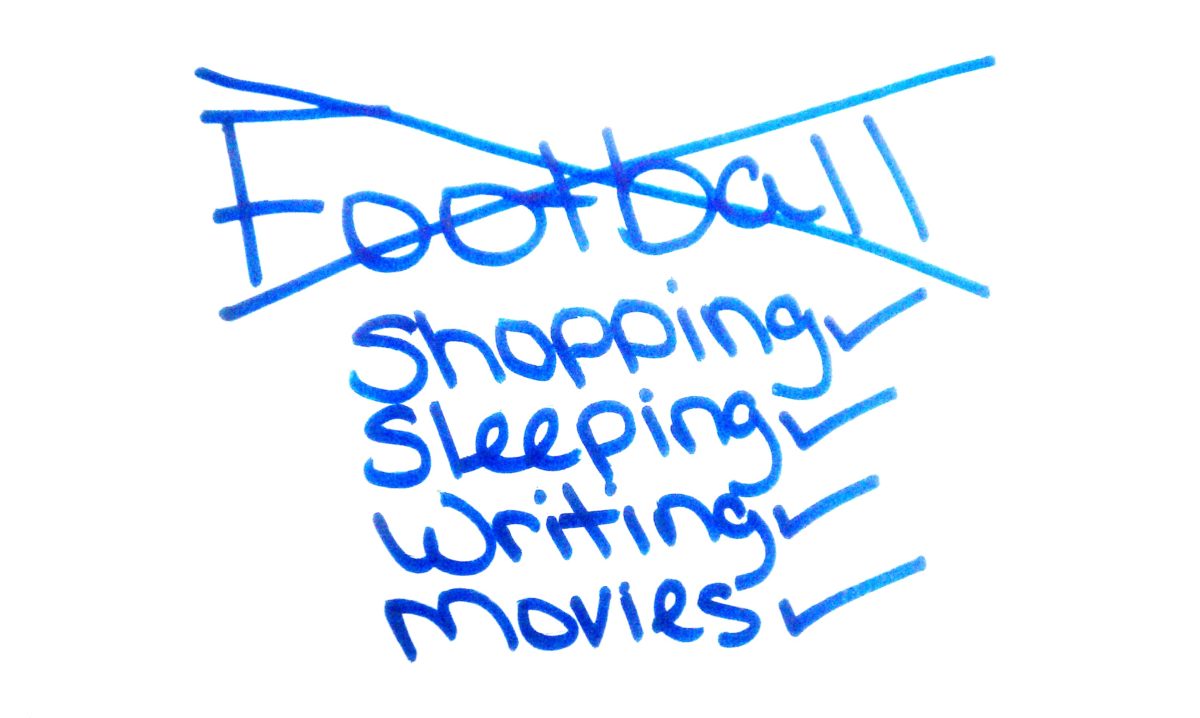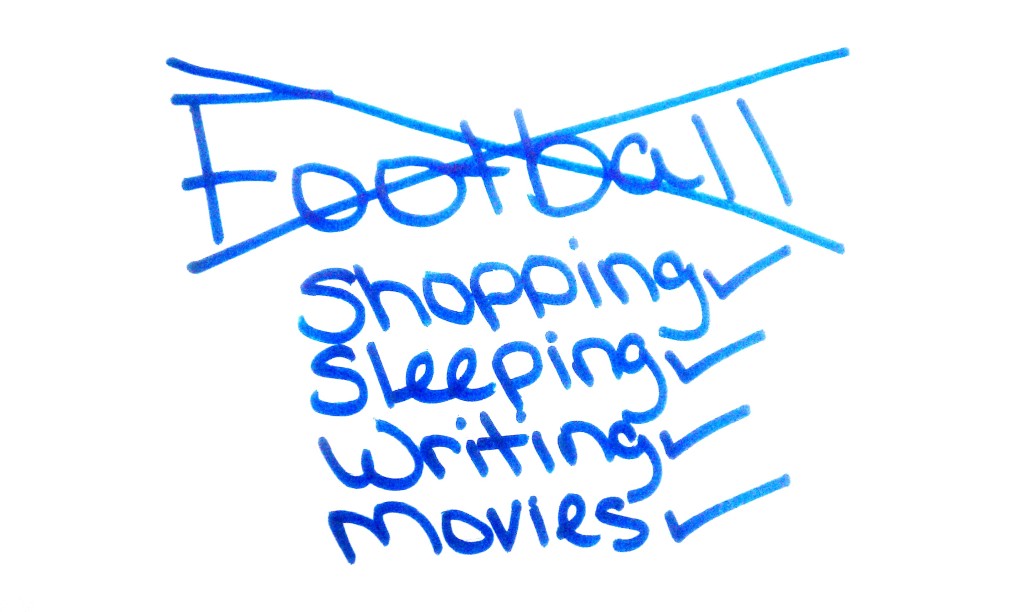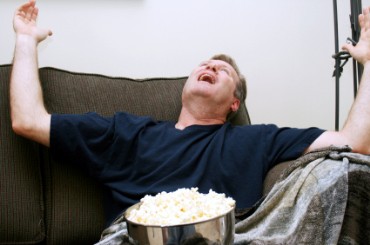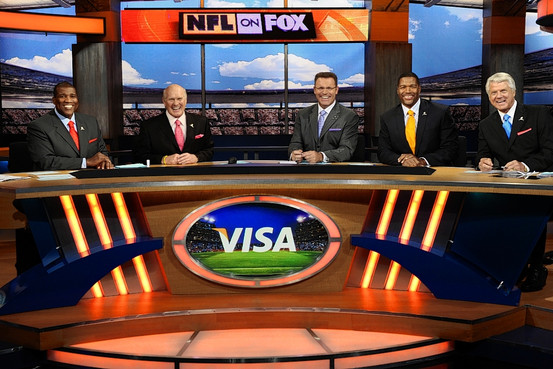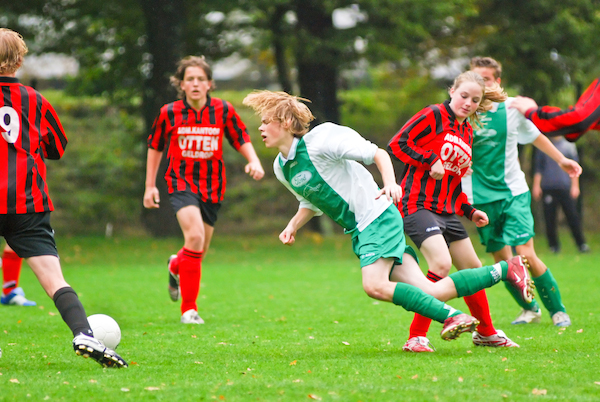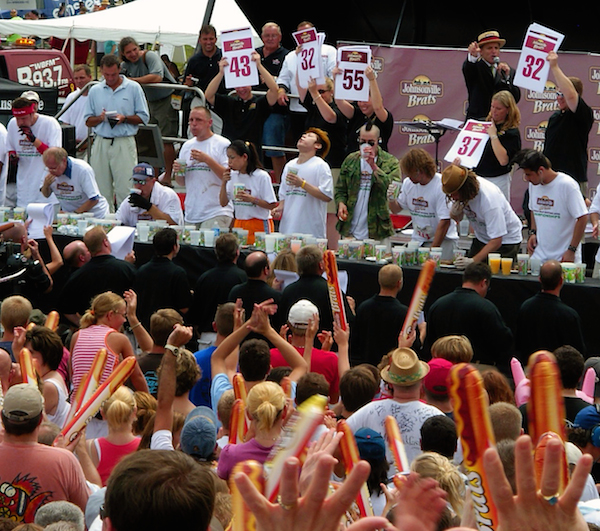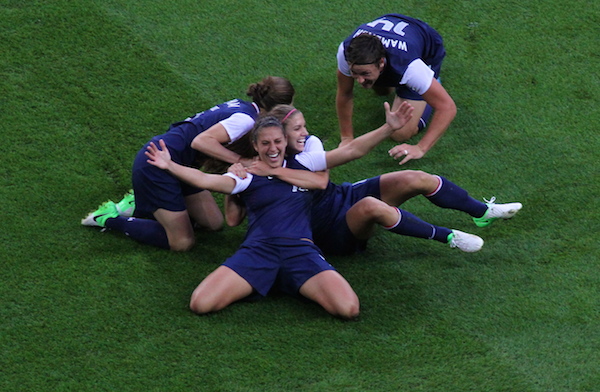I’ve been watching the Tour de France since I was a little kid and it’s still often hard for me to figure out what the heck is going on during its television broadcast. A bicycle race is a complex thing. There are dozens of riders, riding in teams of nine, each with different uniforms and riding with different goals in mind. The riders start each day in a big clump, called the peloton, but before long, they have split up into groups that may be miles apart from one another. The television coverage jumps from group to group with cameras on motorcycles and helicopters. The announcers do their best to keep viewers informed about who and what they’re watching at any given moment, but even they sometimes have a hard time (remember that they, like us, are elsewhere watching the race unfold on screens,) telling the difference between one powerful tiny cyclist and another powerful tiny cyclist. Added to all this chaos are graphics on the top and bottom of the TV screen packed full of information. If you learn how to read these, they can actually help you keep track of what’s going on. Let’s go through a couple screenshots from yesterday’s stage.
Okay, there’s a lot going on here. Start with the obvious. We’ve got two dudes with their shirts undone, wearing spandex, and bicycling really, really hard. Forget all that, let’s focus on the information at the top and bottom of the screen.
- On the top left is a black and white checkered flag and a distance, 5.9 miles. The checkered flag denotes the finish line, just like it does in car racing, and the distance is how far the cyclist leading today’s stage of the race is from the finish line. The Tour de France is broken up into 21 days or stages of racing. Each stage has its own winner but the person with the lowest combined time at the end is the overall winner.
- Continuing on from the top left, the rest of the information at the top shows how the riders have broken up during the day of racing. We can tell that two cyclists (maybe these two guys,) are leading this stage of the race. The next group of riders is fourteen strong and includes a rider wearing a yellow jersey, which is an honor only the leader of the overall race (at the end of yesterday’s stage) is given. A minute behind the front pair, and somewhere behind the group of fourteen (usually they’re pretty good at getting timing on all the riders, but this was going up a steep, winding mountain, and I guess they lost track of some of it) is another group of three riders. Behind them is poor Mister Gadret, cycling all alone, and behind him is the peloton. The peloton is a name used to refer to the biggest group of riders on the road. At the start of each stage, there is only the peloton and everyone is in it. Sometimes though, by the end, there isn’t a group big enough to be referred to in that way. The race has broken the peloton.
- I mentioned at the start that not all the riders in the Tour de France have the same goals. In addition to the yellow jersey of the overall winner, there are other prizes to fight for. One of them is the white jersey competition for the best young rider. How young do you have to be to qualify for this competition? You must be under 26. At the bottom of the screen, the scroller is showing the standings for the white jersey. Michal Kwiatkowski is in third place, only a minute and thirty eight seconds behind the leader. That’s a minute and thirty eight seconds overall, not in today’s stage.
Let’s try another:
- This is earlier in the race — there’s 42 kilometers left, which even I know is more than 5.9 miles.
- The race has yet to develop and there are a string of solo riders out in front of the main group, the peloton, which still includes the yellow jersey clad overall leader of the tour.
- In this shot, you can see that each of the riders has a time next to his name at the top. The times are all how far behind they are from the rider leading this stage. So, L. Mate is only 13 seconds behind J. Bakelants and a 1:34 behind the lead not 1:34 behind J. Bakelants and 2:55 behind the leader.
- Down at the bottom, the scroll is simply reiterating the information at the top, showing that the third chase group, which we know from the top consists of J. Pineau, is 2:40 behind the leader, A. De Marchi.
The Tour de France is the ultimate challenge for its riders but it doesn’t have to be for its viewers. I hope these pointers about how to make sense of the TV graphics will help you enjoy watching the Tour de France.






